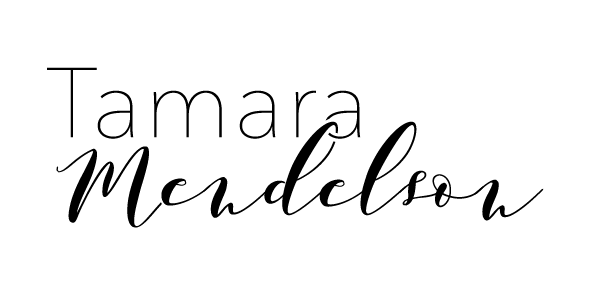
In the last few weeks, I have been in touch with friends and counseled clients who have all lost quite elderly parents after long illnesses. I have watched and listened and supported as they have flown back and forth to be with their loved ones knowing that the end is near.
Day-to-day life changes as you listen for that phone, text, or email that will call you back to say goodbye for the last time. It is a strange limbo-like existence with missed emotions and overwhelming sadness.
It is hard to watch one of the first strong and vital influences in your life get old and frail and change places as that person is the one being cared for now. I have written about the sandwich generation before and the challenges both emotional and financial caring for young children and an ailing parent. It sucks.
Although it is difficult not to dwell on the indignities of illness and old age, I urge you to keep in your mind three moments or events that were positive and took place before the inevitable loss of the battle against time. It might be a hard task if the person you are mourning was unloving or unsupported, or if that person damaged you in any way.
We are in charge of our own memories
We can be haunted by them. Or comforted. Many of the clients I work with can’t let go of hurtful or painful of damaging things that have happened to them. Part of my practice is to talk about these things until they no longer have a hold and can let them go.
Work at trying to make those memories not of the illness or loss but of the part people played in our lives. My mother died half my children’s lifetime ago. And yet, to me, the loss will always be fresh. I think about her a lot. Wonder how she would handle something. And know exactly what she would say. And know that she would be proud of me. I try to live by her example of seeing the best in people and leaving the world a better place for having been. She taught me numerous and valuable lessons by example rather than telling. And I keep alive in the memories of people who loved her.
Sometimes, when the pain gets too great, we put pictures or keepsakes away. We encapsulate the wound. We don’t talk about the person who has died. Or we pretend the terrible times we had with them didn’t happen. The reverence almost erases the memory. To be angry with someone who can no longer hurt you is to turn that anger inward and that never has a good outcome.
So what do we do?
Use the time you have with someone to tell them how you feel. Say whatever needs to be said. Some things can never be forgiven, so forgive yourself. And try to let the guilt and anger go. Just because you are related to someone doesn’t mean you need to have them in your life. Especially not if they are toxic to you. Or you feel they would be harmful to your children.
If you can remember just three good things, even small events or interactions with the person you lost, then it is easier to move on. (Tweet it!)
A hug, a smile, a shared pleasant experience. As little as that. Something to hold on to that is positive rather than dwelling on the negative. Or trying to hold on to the fiction that they were good people.
I know parents who do not speak to their children. And children who have chosen not to speak to their parents. Only you can decide which relationships are worth nurturing and which are the ones you need to let go.
Coaching with Tamara Mendelson
Are you struggling through an unexpected life change? I’m now taking applications for 2019 Coaching and I’d love to hear from you! Sign up below to receive my coaching application form straight to your inbox.
[magicactionbox id=1256]
Forgiveness
And if you or your relations get to the end of life, will you feel guilty for your decision or relieved? Forgiveness is often not for someone else but for yourself so you can go on and live your best life possible.
Our relationships with other people are the core of our existence. We need to try to let the guilt go if the relationship ends. Relationships work until you are no longer served by the interactions. In simple terms, some people always take, and you as an adult get to decide where to draw the line.
In Judaism, there is a practice that once a year between our holiest holidays where we can ask the forgiveness of someone we have wronged three times. If they do not accept it, God forgives us, and in this, we begin to forgive ourselves. This is my interpretation of course but every major religion has a way to deal with forgiveness.
Forgiveness, like therapy, is for the person seeking it more than for the one who needs to be forgiven. When someone says or does something that injures you in some way, you are the one who carries that hurt around. People can be (and are) mean and messy and thoughtless. We all have to decide how much of this behavior to let into our lives. And to forgive ourselves for our own imperfections.
Be kind to yourself.
Now over to you: Do you hold a grudge against someone or something? How can you let it go?

